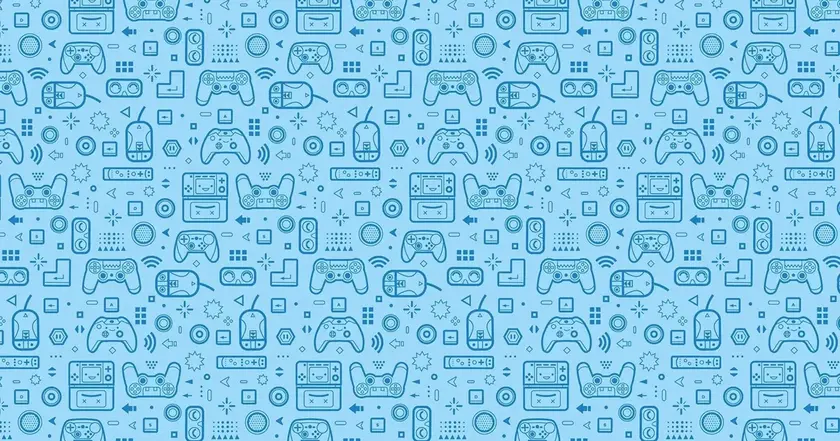T4K3.news
Delpy on love and leadership
Julie Delpy explains how love changes with age, and how power structures shape leadership in Hostage
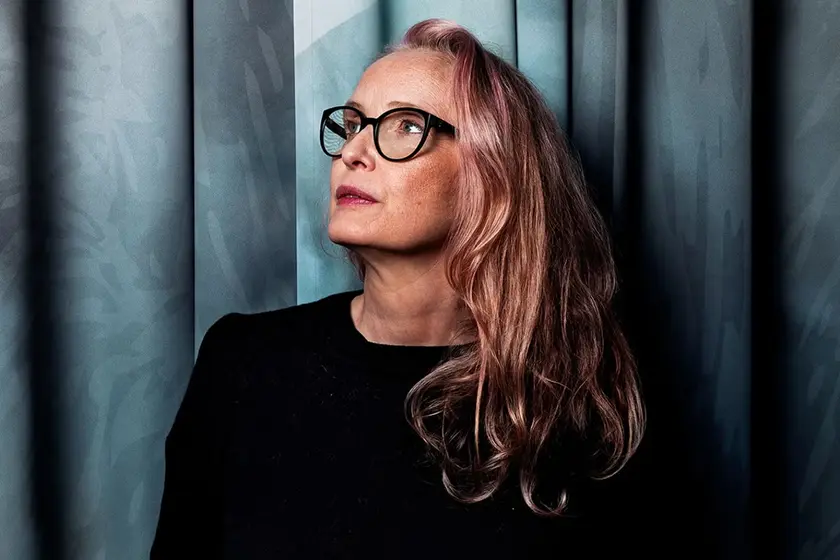
Julie Delpy uses a quiet, candid interview to challenge ideas of romance, power and responsibility in a world shaped by fear and tech influence.
Delpy reframes love and leadership in Hostage
Julie Delpy discusses her new role in the Netflix drama Hostage, where she plays a cold French president navigating a system of blackmail and influence. She argues that leadership today is easily manipulated by money and tech power, a theme she ties to broader concerns about how public figures are kept in place by powerful interests. Delpy also reflects on how her long career has shaped her views on love, responsibility, and the cost of romantic fantasy in real life.
The interview also delves into Delpy’s personal and professional journey. She says she has ADHD and may be on the autism spectrum, a lens she uses to explain her intense focus on writing and storytelling. She recalls early experiences in the film world, including pay disparities in the Before trilogy and the MeToo era, arguing that the problem runs beyond individuals to the systems that sustain them. Delpy emphasizes the value of writing as a tool of control and a way to resist unwanted dynamics, and she notes that a fourth Before film was not pursued because the idea did not feel right or strong enough. She closes by acknowledging her evolving ideas of love, describing a practical, less idealized view shaped by motherhood and later life.
Key Takeaways
"We are disposable to them, so what do we do?"
Comment on systemic power and public accountability
"There’s big business out there that is above presidencies."
Observation about power structures
"I hate superficial matters."
Comment on values and priorities
"It’s good to arrest the villain, but the villain is supported by a system."
MeToo era and institutional accountability
Delpy’s remarks sit at the intersection of art and accountability. Her portrayal of a leader under pressure in Hostage comes with a larger suggestion: culture wants characters who reflect both fear and resilience. By tying personal history to systemic critique, she pushes audiences to see love and power as ongoing negotiations rather than fixed scripts. This speaks to a broader trend in which female filmmakers foreground structural critique without surrendering intimacy or warmth.
Her willingness to discuss ADHD and possible autism, together with pay parity experiences and the MeToo era, adds a cultural specificity that can empower other women to tell their stories without apology. Yet the interview also signals a cautious stance toward franchise risk—she and Hawke rejected a fourth Before film when the idea did not feel authentic. That stance underscores a larger question for audiences: should beloved series bend to market forces or stay true to artistic integrity even if it means fewer installments?
Highlights
- We are disposable to them, so what do we do?
- There’s big business out there that is above presidencies.
- I hate superficial matters.
- There’s big business out there that is above presidencies.
Sensitive topics risk
The piece discusses gender dynamics, pay parity, MeToo, and political leadership. It could provoke backlash or misinterpretation among readers with varying views on feminism, film industry ethics, and current events.
Love and leadership share one mandate: stay curious, stay accountable.
Enjoyed this? Let your friends know!
Related News
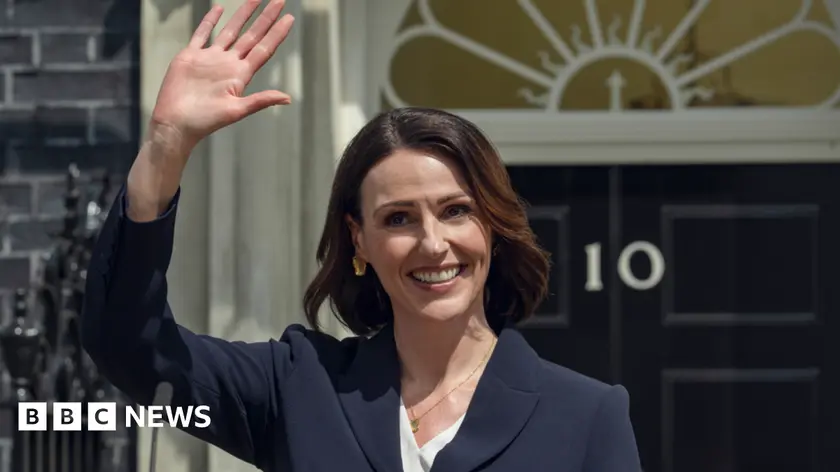
Hostage analysis
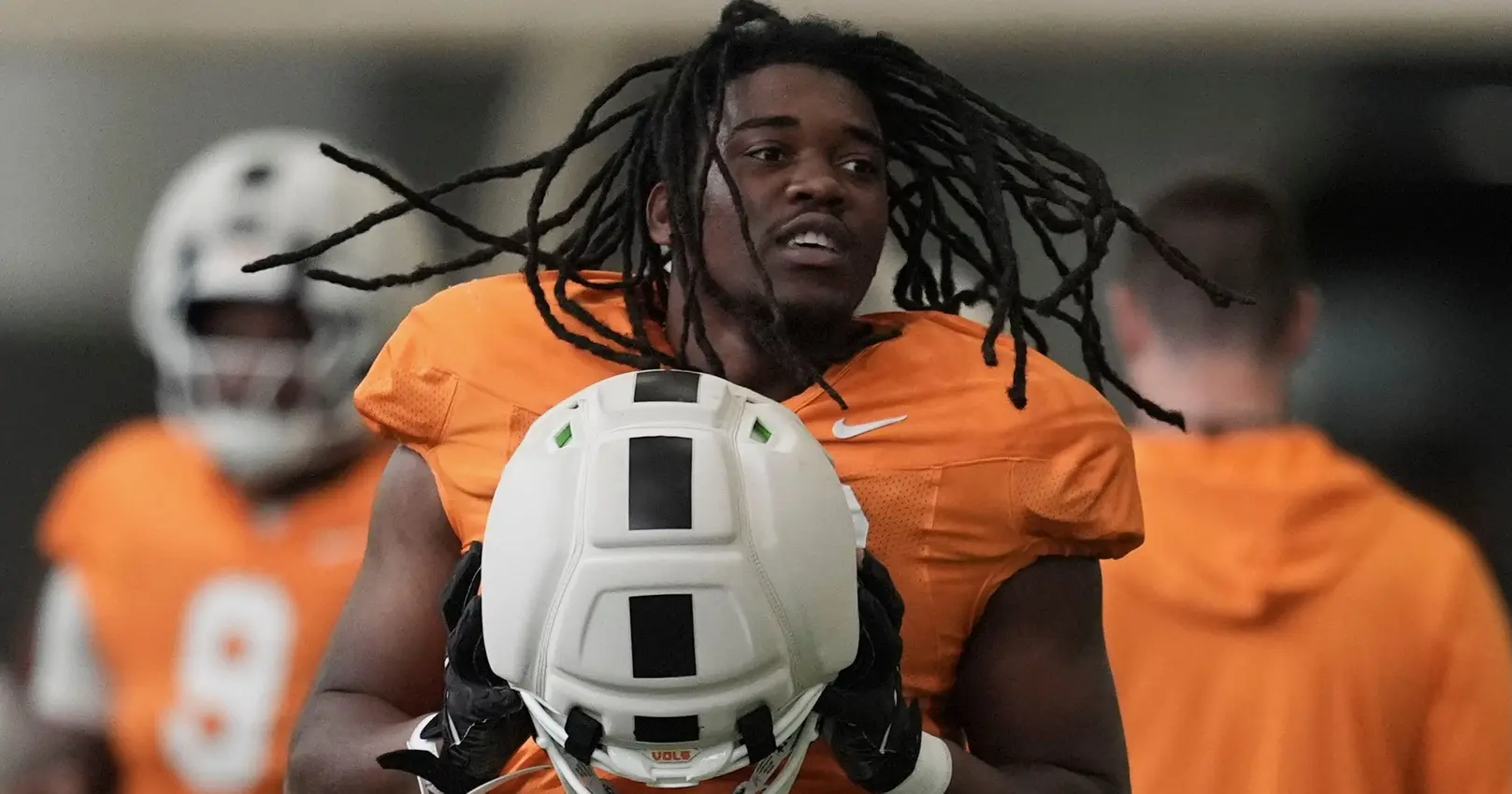
Dominic Bailey named MVP of Tennessee's defensive line
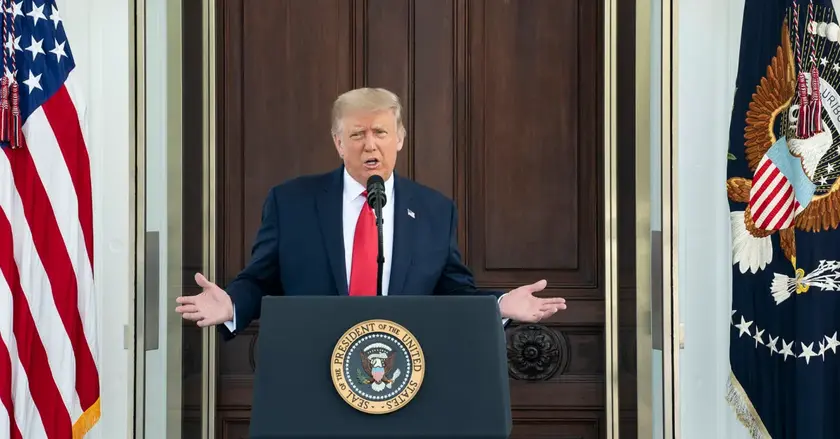
Intel CEO Resists Resignation Demand

Dallas Cowboys Cheerleaders Renewed for Season 3
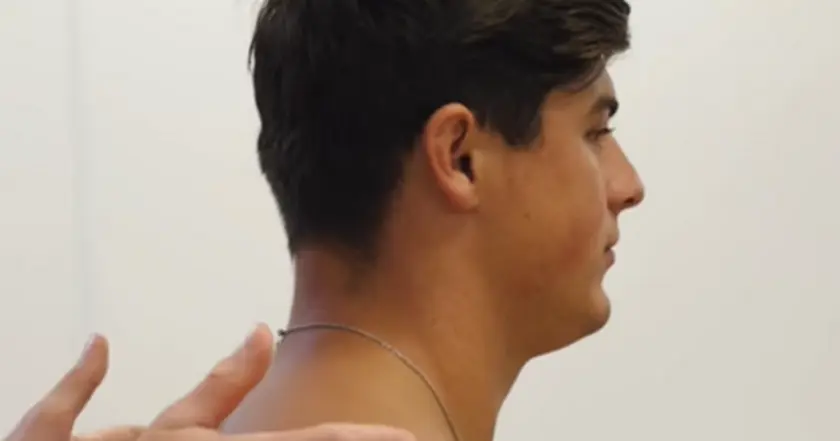
Rees-Zammit signs with Bristol Bears
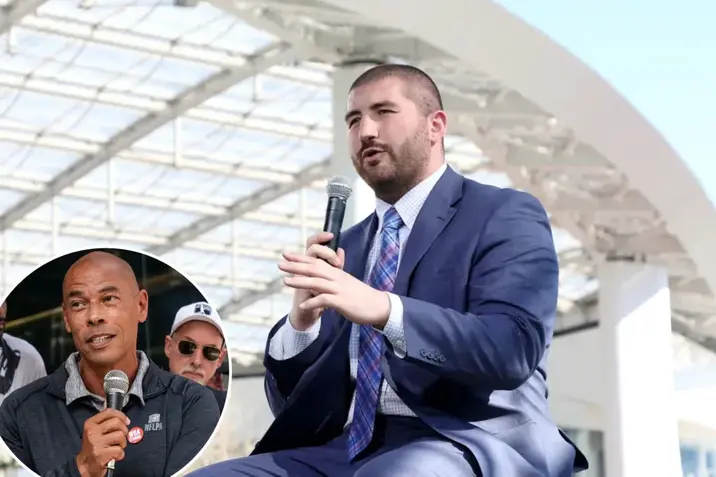
JC Tretter resigns from NFLPA amid turmoil
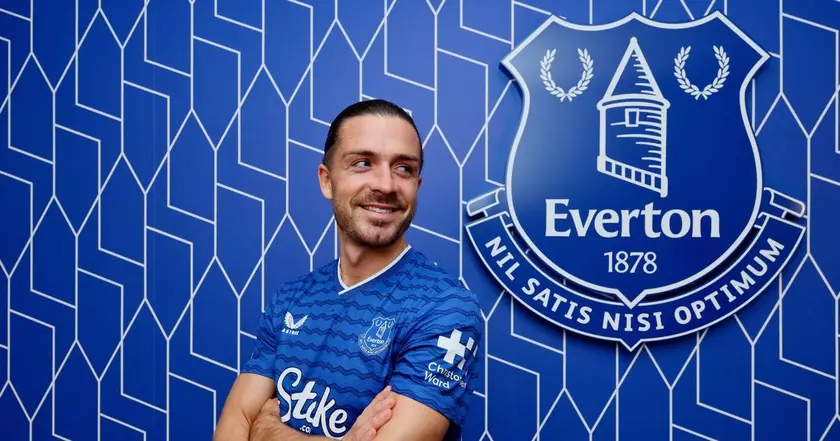
Grealish loan boosts Everton
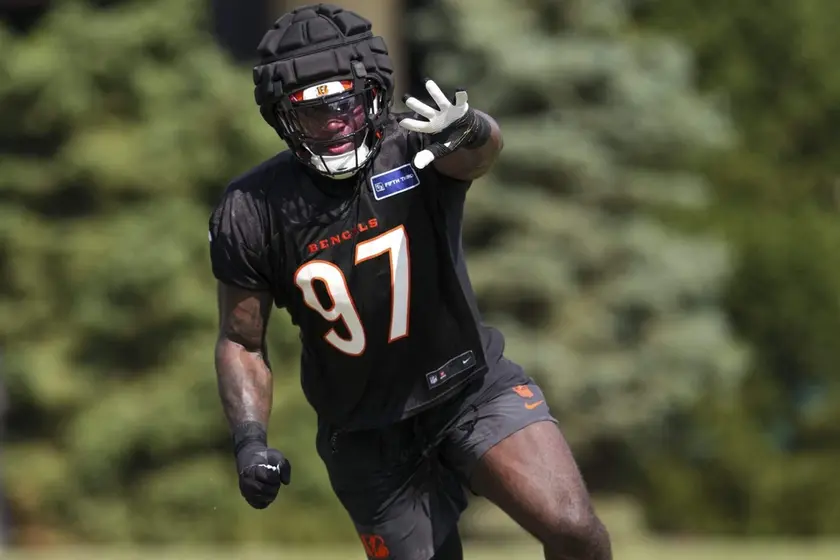
Bengals rookies impress during training camp
